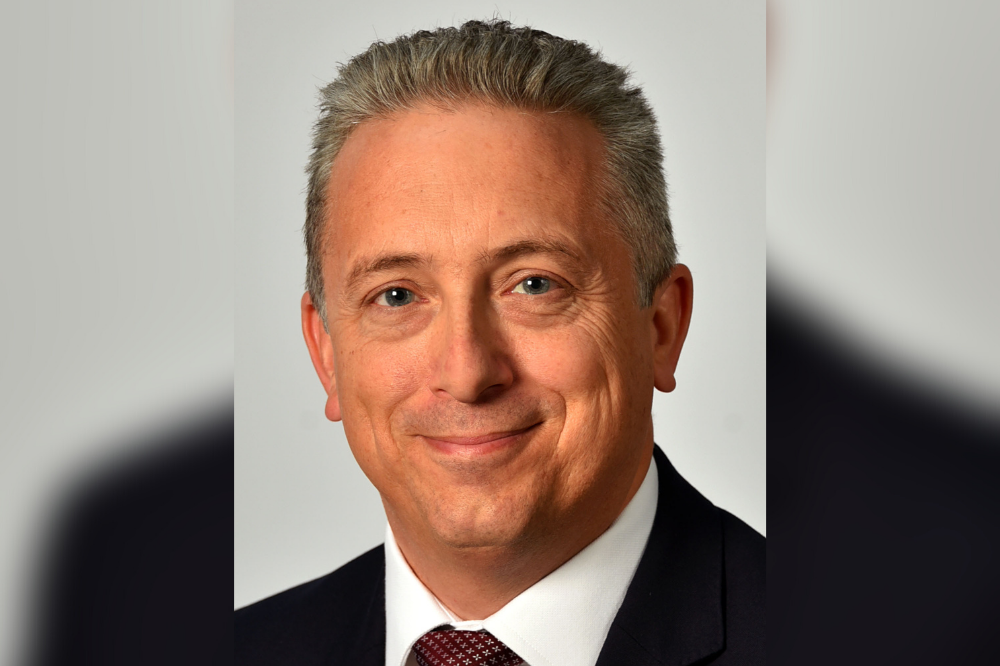 26-05-2021
26-05-2021
How companies can avoid becoming a "hostage to fortune"

 Insurance Alertss
Insurance AlertssHow companies can avoid becoming a "hostage to fortune"
Prevention is better than a cure. That well-recognised proverb, which is widely attributed to the Dutch philosopher Desiderius Erasmus, may have been around for over 500 years now but it’s showing no signs of declining in relevance. It has found its latest benediction in FM Global’s 2021 ‘Resilience Index’, a ranking of 130 countries and territories by the resilience of their business environments.
While the online index is just one of the many tools implemented by FM Global, according to Andrew Bryson (pictured), operations manager at the mutual insurer’s London operations, it has significant implications for senior leaders looking to lower their global exposure to risk and boost the overall resilience of their enterprise. At the heart of the ranking is the company’s mantra, he said: ‘the majority of losses are preventable’.
“You can’t stop a hurricane heading towards your plant,” he said, “but you can certainly put structures in place to protect the building, to envelop the roof, walls, windows and doors to ensure that they aren’t damaged as the storm passes over. The thing that causes the most damage in a hurricane is the elements inside the building getting water damage so [by preventing this] you can be up and running very quickly. And our clients have done amazing things in previous hurricane events and that’s all testament to what people have done before the event is there.”
It’s all too easy to fall into the zone of thinking ‘there’s nothing I can do’ about risk, Bryson noted, when the reality is that there is an awful lot that business leaders can and should do to protect themselves. Preventing a loss in the first place rather than looking to insurance as the solution of first resort needs to become standard because, at the end of day, insurance is never going to be able to offer complete restitution. Between uninsured losses, reputational harm, and the loss of customers during downtime – there is so much more at stake than just a claim and c-suite executives need to understand this.
“Insurance alone is not enough,” he said. “And when you are running a major global business, making informed decisions is absolutely critical. And having the right information and analysis at your fingertips is key to informing those decisions… It’s all about making sure you make very clear, informed decisions about what direction your supply chain takes so that you can build resilience at the start of any supply chain mapping process that you go through.
“And, for me, risk managers and the C-suite need to understand the limitations of insurance and make sure that they plan for risk in a more holistic way so that insurance [can do] its job, but you’ve also limited your own loss to within your appetite…. There’s a danger, perhaps, of over-reliance on pure insurance to be a risk management tool in and of itself, rather than as a suite of products put in place to make sure that particular risks are effectively managed.”
The good news is that the debate around this has started to shift, Bryson said, and people are coming to accept the mantra that FM Global has long sought to instil in the wider insurance marketplace – resilience is a choice. You can either choose to invest in resilience or instead become a hostage to fortune. The pandemic and other recent events have shown insurance as the first port of call simply isn’t the solution. The time is right, he said, for businesses to start reflecting more keenly on where their key supply chain pinch points are and making sure they have a plan B in place. If C-suite leaders are horizon scanning, then they will have an educated viewpoint on the environmental, financial and societal shifts that are headed their way and will be better placed to plan for these.
“Resilience really is a choice,” he said. “It’s not cheap, it usually requires a different perspective and it may require, depending on where your manufacturing base in your supply chain is located, significant financial investment. And it’s sometimes hard to build a business case when a business has short term demands on that same capital to perhaps improve productivity or reduce the costs within the supply chain by investing in better equipment. But, at the same time, you’ve got to have that longer-term view of how you’re going to invest to make sure that you are not going to be interrupted materially when that storm comes or the river enters your factory.”
Knowledge is key when it comes to managing your supply chain risk, Bryson said, and both the pandemic and the Suez Canal incident have shown that extended supply chains can be very tenuous and quite easily interrupted. Information is essential to ensure that your manufacturing risk stays within your appetite for risk. So, his key advice for businesses is this: “be aware of what your exposures are, and have plans in place accordingly.”
Source: Insurance Business Uk
